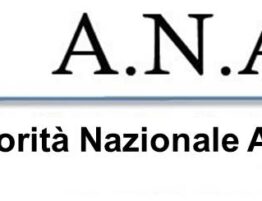
It is an established practice of some employers to grant their employees pay rises and/or “adjustments” through the provision of so-called travel allowances which ‒ unlike the normal pay ‒ benefit from reduced social security contributions.
However, what may be considered as an immediate economic saving implies the risk for the Company of being ordered to pay further amounts in addition to those already paid, if it is established that the business trip never took place.
Indeed, travel allowances must be granted to the worker only in the event of temporary performance of work in a place other than the place of contractual employment and shall be paid in addition, or alternatively, to the reimbursement of the incurred expenses.
Therefore, considering travel allowance as a replacement or a pay rise ‒even as a one-off‒ can have counterproductive effects, and companies may end up paying their employees further amounts in addition to those already paid.
Judgement no.1846/16 of the Court of Milan has recently stated that in order to verify the correctness of an employee’s pay and social security situation, the sums paid to the employee as travel allowance should not be taken into account if the business trip never took place.
More precisely, the Judge of Milan who was asked to decide on the existence of some pay differences claimed by an employee against his employer, established that “travel allowance… does not have a pay function but a refund and compensation function for the inconvenience resulting from the working activity off premises; besides, due to this reason it is subject to a tax and contribution regime different from that applied to the pay items. Since they have a nature and a function which are completely heterogeneous in respect to the pay for ordinary and overtime work, the sums received by the applicants as travel allowance are therefore not considered deductible from the former”.
Therefore, in order to avoid the risk of further disbursements, the employer – who has been summoned to prove the proper use of the allowance – will have to prove the actual business trip of the employee ‒ also by providing documentary evidence (consider, for example, “travel expense reports”) ‒ or, in the absence thereof, the existence of a different agreement between the parties.
Otherwise, the employer may be required to pay additional sums to the employee without the possibility of requesting the amount paid as travel allowance.
(Milan Office – Marcello Giordani – Tel. 0039 (0)2 39680538)







